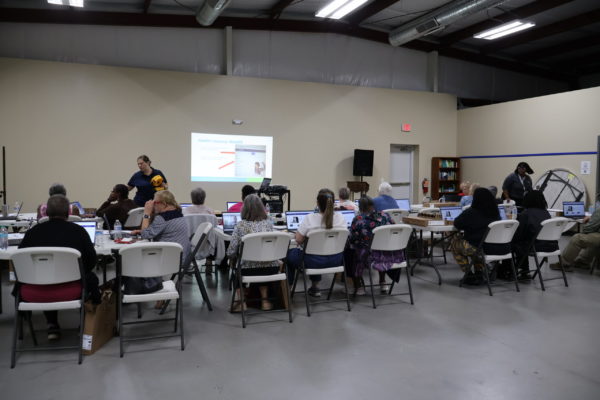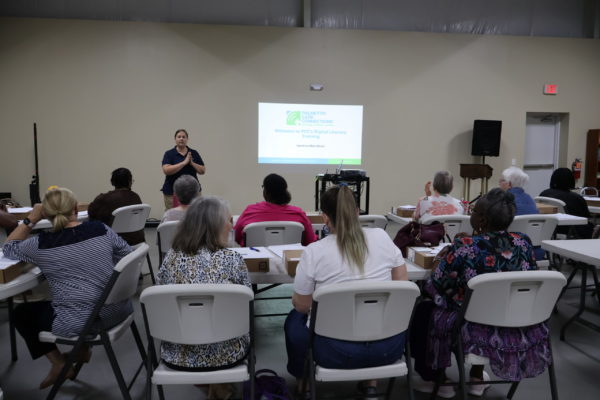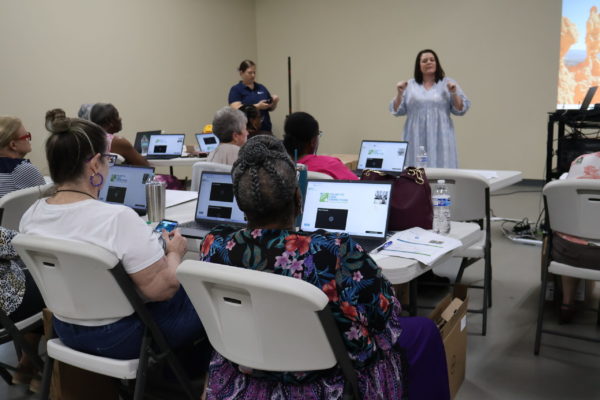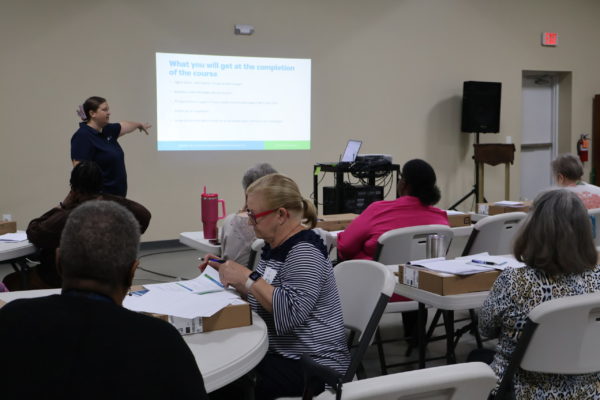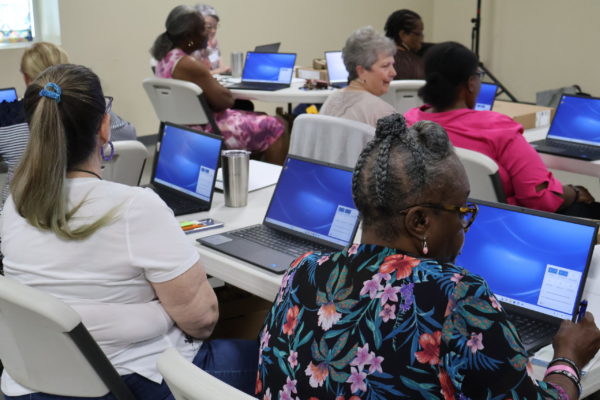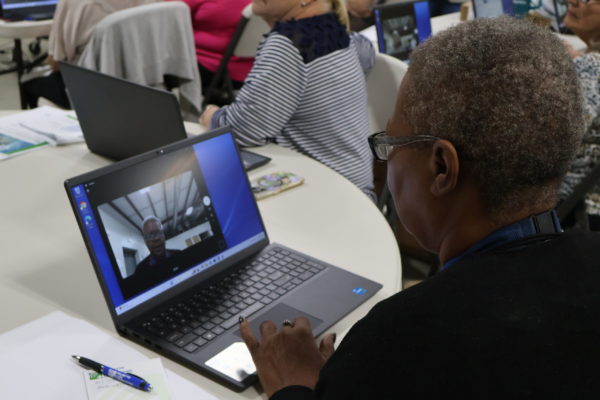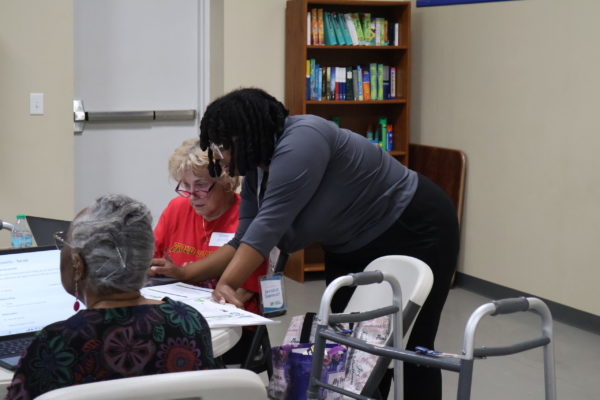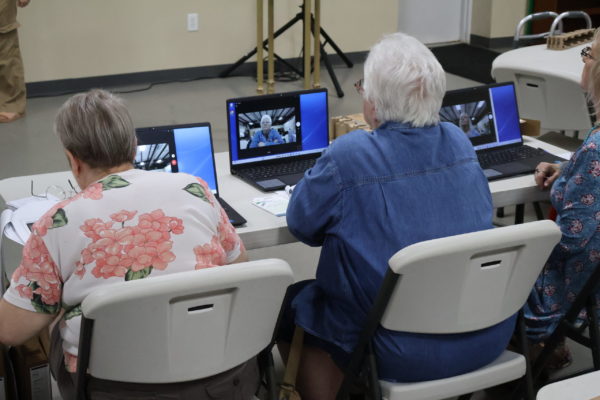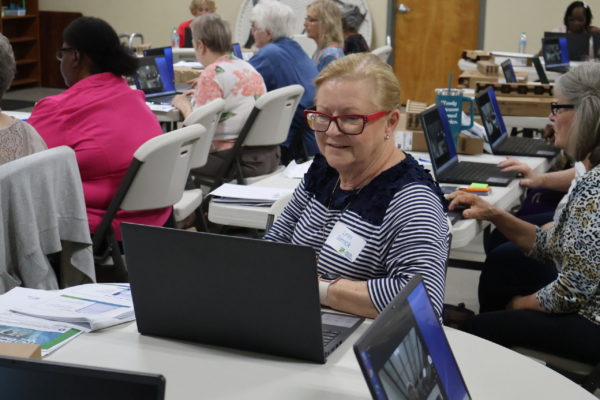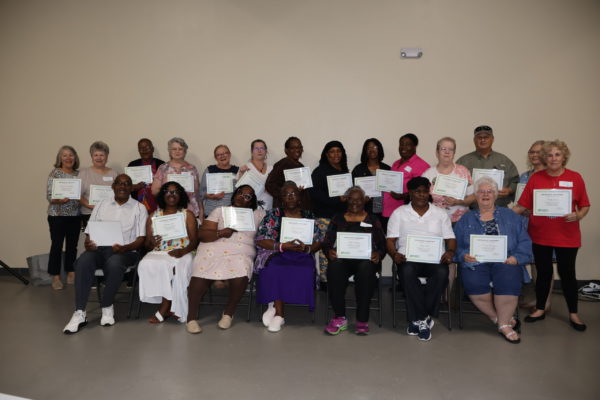By Carol J.G. Ward, University of South Carolina
A new clinic expected to launch this summer will provide free care for those in South Carolina with limited access to counseling services either because of gaps in service, financial and insurance concerns, or their location in a rural community.
The student-operated, faculty-directed clinic, a project of the School of Medicine Columbia’s Counseling and Rehabilitation Program, initially aims to alleviate the shortage of providers for rural residents in Bamberg, Calhoun, Fairfield, Orangeburg and Chester counties. It also will provide a practicum opportunity for students in the program with a goal of developing and maintaining a pipeline of counselors who stay and work in their communities.
“We’re able to give back to the community by offering services, providing resources and addressing the needs of those who may fall through the cracks, while also training our students,” says professor Taryn Richardson, who serves as practicum and internship coordinator. “We can harness the passion of our students with a built-in training opportunity to offer service to their communities.”
The USC School of Medicine Columbia’s Clinic for Counseling and Assessment, funded by a grant from the South Carolina Center for Rural and Primary Health Care, will offer some in-person services and will also use Palmetto Care Connections HIPAA-compliant telehealth platform to expand its reach and impact.
The clinic has progressed rapidly from vision to its impending launch, and Sacco-Bene credits the community partnerships and trust they’ve been able to build. They’re also relying on those partnerships to get the word out about the clinic to potential clients when it opens.
“We’ve had wonderful collaboration with agencies and organizations in these rural areas to support our efforts to build the workforce,” says program director Christine Sacco-Bene. “We’ve worked to build trust and connections for referrals through strategic outreach with care providers, schools, churches, barber shops, you name it.”
Practical learning opportunities
Emily Boening, who earned her master’s degree in Counseling and Rehabilitation from the University of South Carolina School of Medicine Columbia in 2023, says the clinic is an exciting new opportunity for both students and the community.
“These clinics offer more accessible counseling to community members who may not otherwise afford or participate in services,” Boening says. “They also allow students to gain real-world experience with a variety of clients without being siloed into one population.”
A key component of the Counseling and Rehabilitation Program is practical experiences such as shadowing, networking, and practicum and internship opportunities for students to build on their classroom education.
“As a clinician, hands-on learning opportunities helped to solidify my counseling identity and find the path that was right for me, and for future clients, it helped me gain confidence and competency in my skills delivery,” says Melissa Milligan (’24 master’s).
Internships are sourced through partnerships with state agencies, hospitals, community organizations, advocacy centers, and care providers. In some cases, students have pre-established connections where they want to pursue their clinical experience, Richardson says.
“These experiences provide real-life insight into the field by providing the opportunity to translate and use what I’ve learned outside of class,” says Anye’a Pinnock, who will complete her master’s degree this summer. “Learning about skills such as rapport building, case management and advanced empathy are only as effective as they are practiced.”
Boening adds that the oversight and protection of site and faculty supervisors through weekly group consultations and supervision meetings provides valuable feedback on recorded sessions, support when a student faces a challenge, and group discourse on relevant topics.
Because students are located statewide, they are often placed in internships within their communities that not only benefit their experiential learning but also help to address gaps in care, Richardson says.
“I look at practicum and internships as a long interview,” she says. “Many times, our students are offered a position that allows them to serve in their hometowns. Clients benefit because they have someone who’s truly invested.”
Growing enrollment
The Counseling and Rehabilitation Program has been part of the School of Medicine Columbia since the 1990s. It offers both the master’s program – with specialties in clinical rehabilitation counseling, clinical addiction counseling and career counseling – and an 18-hour certificate program in psychiatric rehabilitation studies.
“A few medical schools have their counseling as part of their curriculum, but it’s more the exception than the norm. The constellation of specialties that students can engage in sets USC’s program apart,” says Paul Toriello, assistant dean for Clinical Graduate Programs, and a professor of neuropsychiatry and behavioral sciences.
Because it’s in the medical school, students also interact with various medical and health professions, which enhances an interdisciplinary and holistic approach to health and mental health, Sacco-Bene says.
Enrollment has increased 48 percent increase since 2020 (from fewer than 50 to 78), with a diverse student body ranging from recent graduates to those in their second or third career. The hybrid format of the program with synchronous online classes allows students across the state and region to balance work and education. The program includes several mandatory in-person meetings per semester including learning community Saturdays, which serve as mini-conferences.
“We have 23-year-olds, and we have 73-year-olds as our students, which brings a richness and depth to our learning community,” Sacco-Bene says. “They bring a great deal of lived experience and diverse perspectives that we’re able to leverage and build from.”
Boening, Milligan and Pinnock started their journeys from different backgrounds and life stages, but the three women shared similar goals when they chose counseling and rehabilitation as a career.
Milligan, who has a background in elementary education, says she felt she could have a bigger impact outside the classroom. She has continued her education in other areas and says completing the program at USC’s School of Medicine Columbia is the best decision she ever made.
Her current work as a clinical counselor at Epworth Upstate Counseling allows her to approach service from a big picture perspective. She works mainly with children ages four to 18.
“I intentionally seek opportunities to educate, advocate and serve within the community and to use my rehabilitation knowledge to help those who need my services,” she says.
After deciding her job as a public relations consultant wasn’t a good fit for her goals, Boening sought a career more aligned with her interests and experience. She is now self-employed as a licensed professional counselor-associate and works to empower marginalized and disenfranchised populations to become changemakers. Her specialties include LGBTQIA+ folx, ADHD, relationships (couples and poly systems) and college students.
“I find that LGBTQIA+ folx often look for counselors who are part of their community, as we can work from professional and lived experience authentically,” Boening says. “As clients feel this support, they can pour their energy and capacity into their communities and those around them while maintaining their own well-being.”
With the completion of her master’s degree just a few months away, Pinnock is on the brink of attaining her lifelong goal of becoming a licensed professional counselor. She plans to provide rehabilitative care with a goal of improving the quality of life for clients experiencing mental health disorders such as anxiety and depression, life transitions and substance use. She will bring her perspective as a member of the Army National Guard to her practice and hopes to use her counseling and rehabilitation skills to serve the military population as well.
Making an impact
All three say the education and experiences provided in the medical school’s Counseling and Rehabilitation Program provide the practical skills development and theoretical classroom learning for successful client relationships.
“The professors motivate students to become engaged in all aspects of learning and community beyond our personal goals,” Boening says, adding that she was encouraged to participate in research and write for academic journals.
Graduates from the program have a broad range of professional opportunities, including clinical work and private practice, addiction or trauma centers, hospitals, state agencies, administration and nonprofit organizations. Some are serving the USC population through the Student Disability Resource Center and the Athletics Department.
“Students in the program come with a sense of purpose and mission, willing to make financial sacrifices for their calling,” Toriello says. “They put their soul into their careers.”
Milligan says the emphasis on practical experiences to reinforce classroom learning has given her an edge in serving others.
“Counseling is a lifelong learning opportunity that comes along with new skills, theories and practices,” she says. “You can only truly become good at if you get out there and do the work hands on.”
Link to original article: New USC clinic tackles mental health provider shortage in rural South Carolina – USC News & Events | University of South Carolina

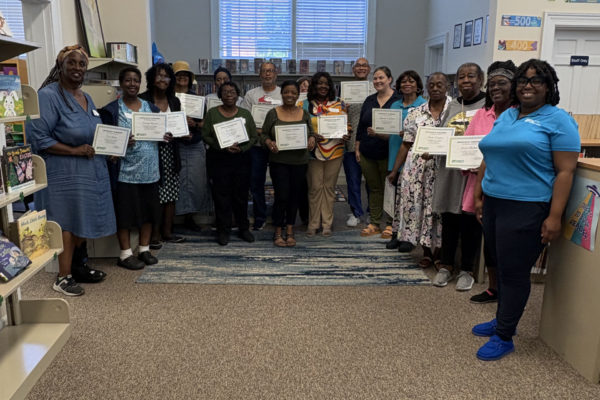
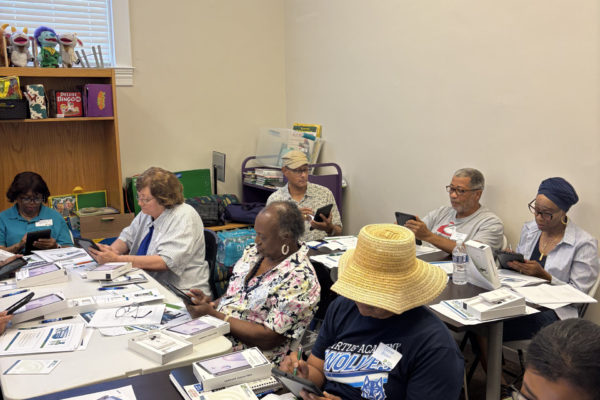
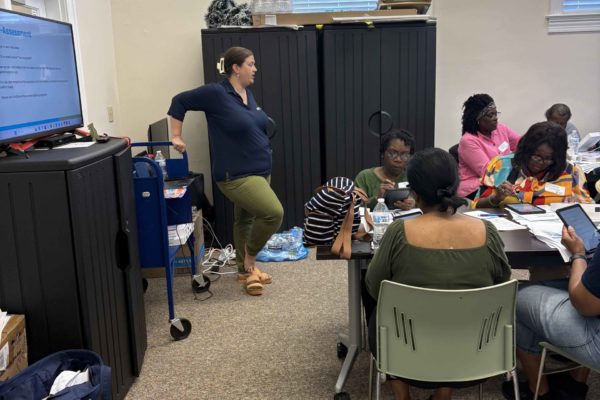
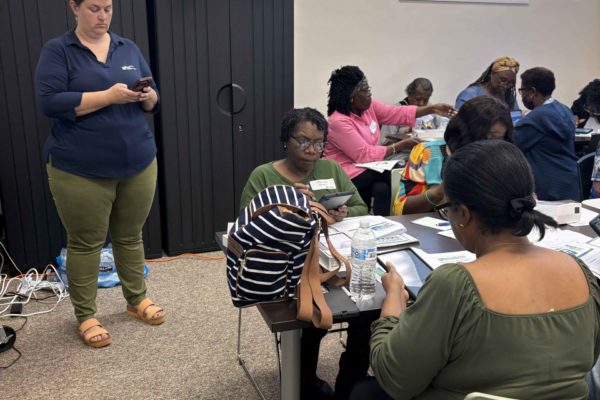
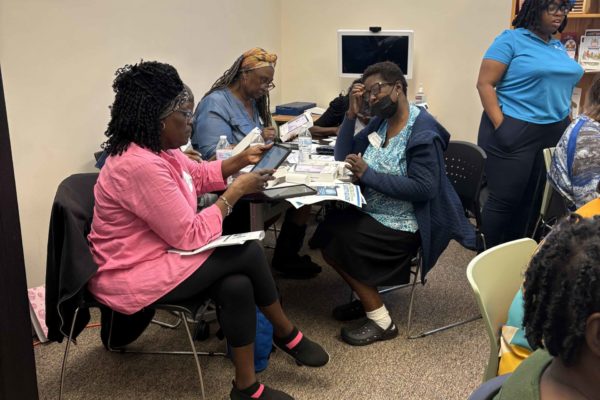
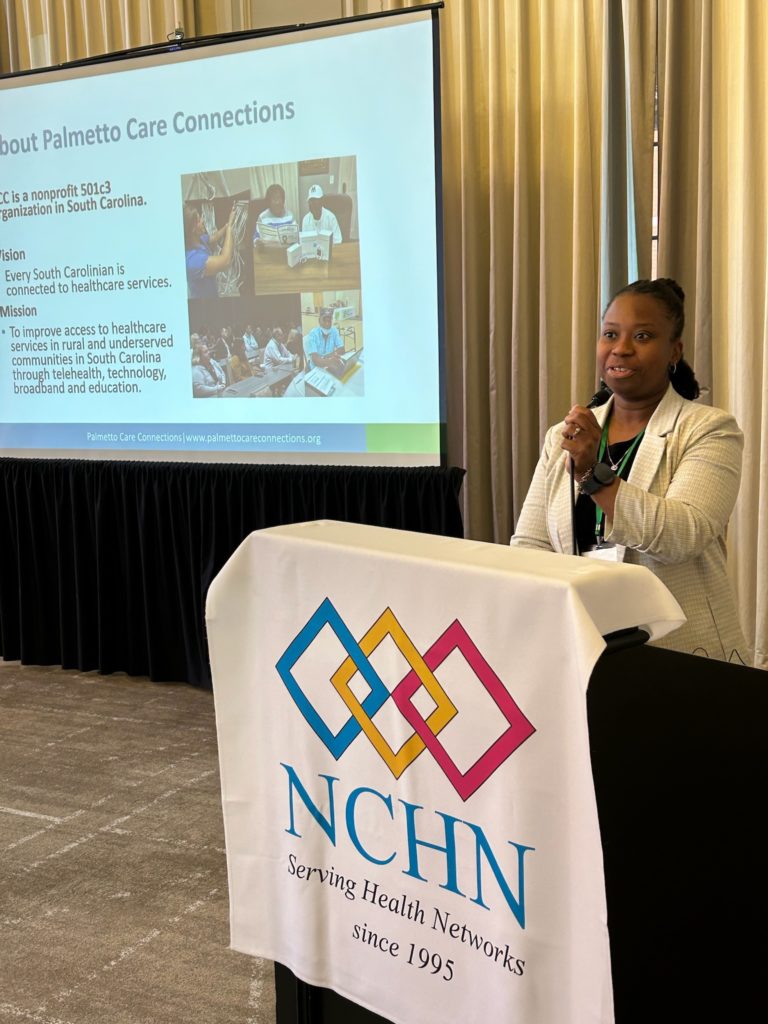
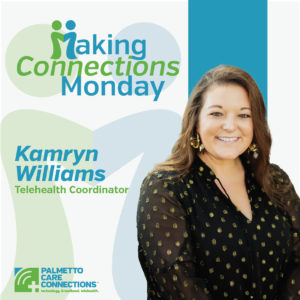 Meet Kamryn Coker Williams, our Telehealth Coordinator specializing in Remote Patient Monitoring (RPM) at Palmetto Care Connections!
Meet Kamryn Coker Williams, our Telehealth Coordinator specializing in Remote Patient Monitoring (RPM) at Palmetto Care Connections!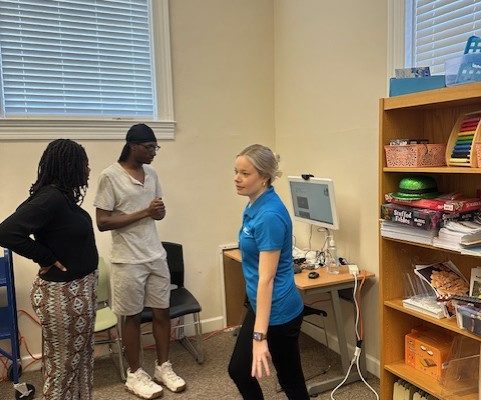
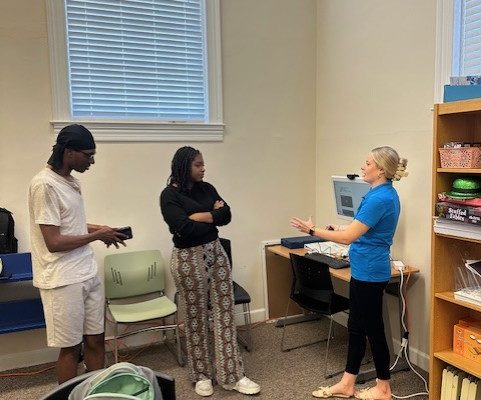
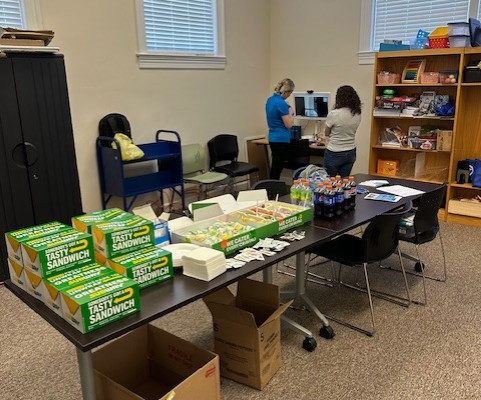
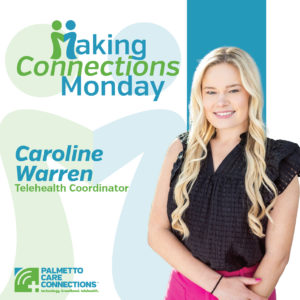 By Chaunte’ Causey, Communications Manager, PCC
By Chaunte’ Causey, Communications Manager, PCC